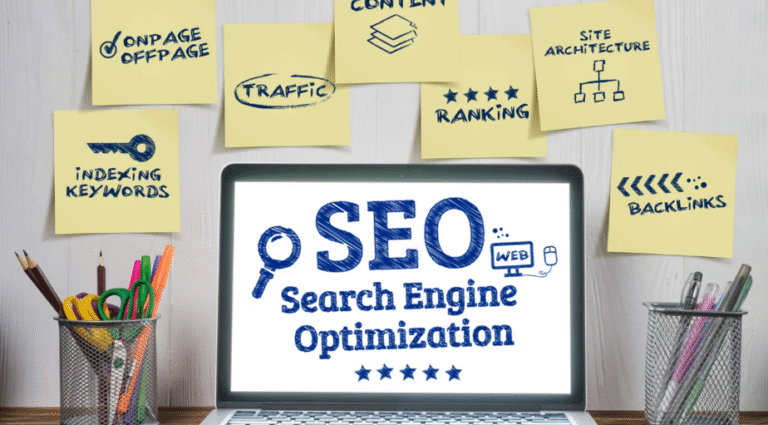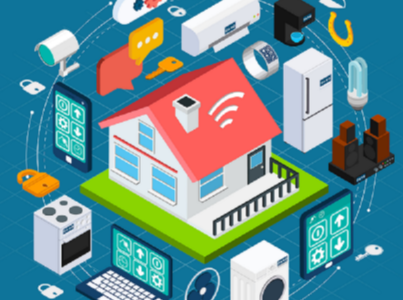Common Mistakes Healthcare Providers Make with Call Centers and How HIPAA Compliance Prevents Them
In today’s digital age, call centers play a pivotal role in handling patient inquiries, appointment scheduling, and administrative tasks. However, using a standard call center without security safeguards can lead to serious vulnerabilities. Investing in a HIPAA-compliant call center ensures that patient information is handled securely, preventing mistakes that can lead to privacy breaches or regulatory issues.
Mistake 1: Using Non-Secure Call Handling Systems
A frequent oversight among healthcare providers is the use of call systems that aren’t designed for protected health information (PHI). When call data is not encrypted or stored properly, it becomes susceptible to unauthorized access, increasing the risk of data breaches.
Implementing a HIPAA-compliant call center addresses this risk by introducing secure logging, controlled access, and encrypted communication. These measures make sure patient calls are both efficient and protected from exposure.
Mistake 2: Inadequate Staff Training on Privacy Protocols
Another common mistake is assuming that call center staff, or even internal employees, are naturally aware of HIPAA guidelines. Without structured training, sensitive patient information may be shared without proper safeguards, leading to potential violations.
By emphasizing how HIPAA compliance works in health call centers, providers can ensure that regular education and clear policies become the foundation of daily operations. HIPAA-compliant call centers make privacy protocols standard practice, reducing risks and ensuring accountability at every level of communication.
.
Mistake 3: Poor Coordination Between Systems
Many providers struggle when call center systems aren’t fully integrated with their main health record platforms. This leads to errors in patient intake, appointment data, or treatment coordination, resulting in both inefficiencies and compliance gaps.
A HIPAA-compliant call handling environment includes seamless integrations with secure platforms like HIPAA-compliant CRMs for your healthcare practice. This ensures that all patient information flows securely and accurately, maintaining both efficiency and privacy.
See also; How Technology Is Making Our Homes More Efficient
Mistake 4: Neglecting Audit and Oversight Procedures
Not tracking and auditing call activity is another mistake that can expose patient data without detection. Without oversight, suspicious access patterns, unauthorized sharing of PHI, or repeated security incidents can go unnoticed.
HIPAA compliance mandates regular audits and comprehensive reporting. Call centers with these capabilities ensure that any risks are detected and addressed before they escalate into serious breaches.
Mistake 5: Disregarding Patient Consent and Data Handling Policies
Failing to obtain informed patient consent or mishandling their contact preferences can also result in compliance issues. Patients have rights regarding who their information is shared with and how it’s handled.
HIPAA-compliant systems include features for capturing consent and tracking communication preferences. Integrating these tools into a call center workflow safeguards the provider and gives patients clear control over their data.
Why Compliance Matters for Trust and Reliability
When patients know their information is handled carefully, their trust in the provider grows. A secure calling environment signals that privacy isn’t just a checkbox; it’s a foundational part of care. Alongside ease and accessibility, compliance builds lasting patient confidence.
Maintaining HIPAA standards in call center interactions helps avoid costly violations and supports a foundation of integrity and professionalism in patient communications.
Conclusion
Avoiding common pitfalls with call centers requires more than good intentions; it demands secure, privacy-compliant systems and consistent protocols. By utilizing a HIPAA-compliant call center, providers can ensure that call handling is safe, coordinated, and transparent. With secure systems, staff training, integrated workflows, and robust oversight, patient privacy remains protected, and patient trust is earned.






